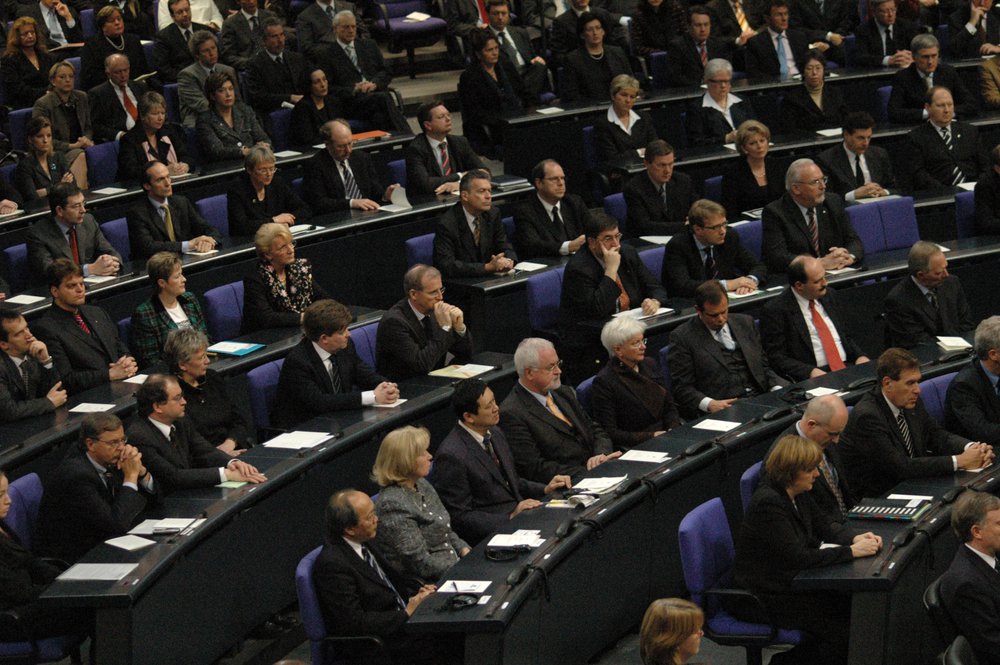ABSTRACT: This research compares the activity of different groups of national parliaments in European decision-making as reflected by the use of parliamentary scrutiny reservations by Member States in the Council. It aims to contribute to the comparative literature on national parliamentary scrutiny systems of European Affairs by using data that reflect everyday practices and offer new insight on level and timing of activity of national parliaments. It shows that while there are no substantial differences between the level of activity of parliaments with mandating systems and parliaments with document-based systems, those with mandating systems might have a somewhat greater chance of influencing their governments earlier in the decision-making process in the Council. However, the significance of scrutiny system is smaller than expected. This work also contributes to the growing literature on the adaptation of national parliaments from new Member States to the European decision-making and shows these parliaments have been, in the five years following the Enlargement, considerably less active than parliaments from the old Member States. This research thus supports the conclusion that formal rules of national parliamentary scrutiny are not crucial in determining the parliament’s activity.
KEYWORDS: Parliaments, EU decision-making, national, scrutiny reserve, Council, member states


